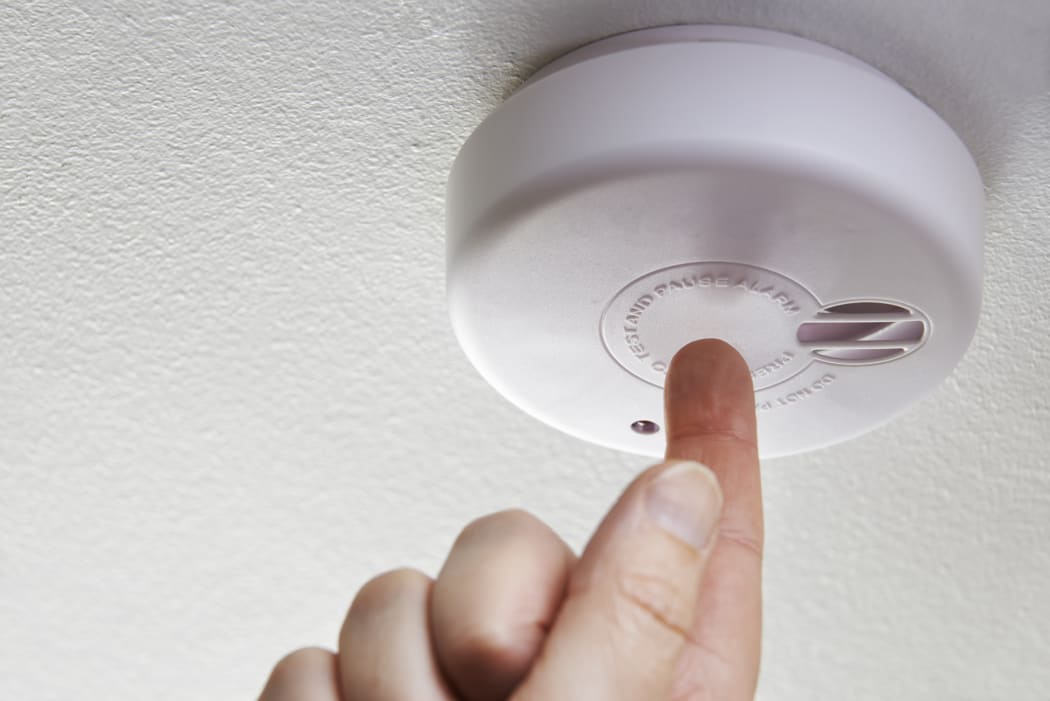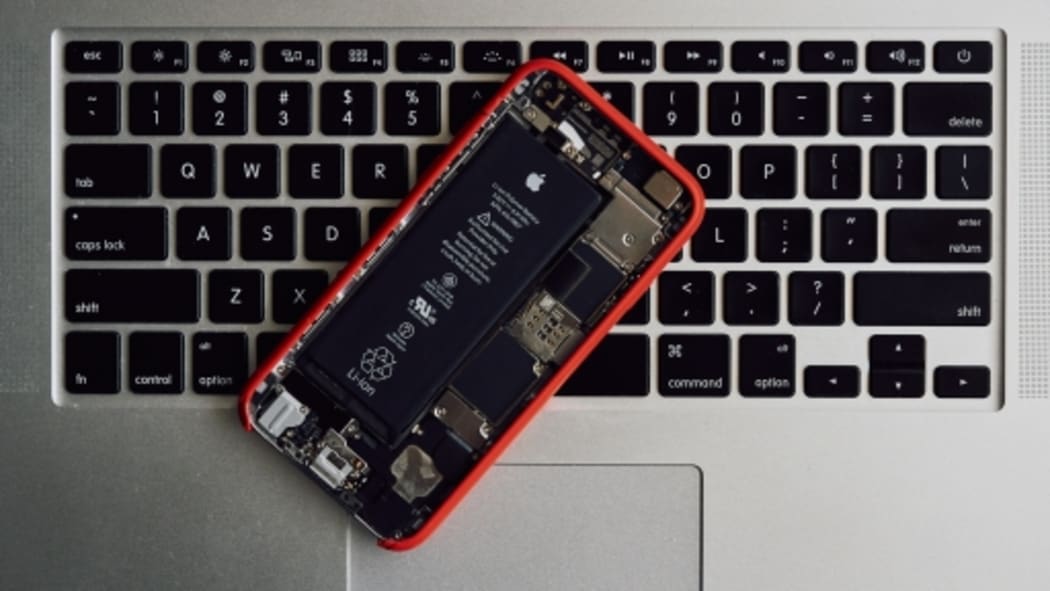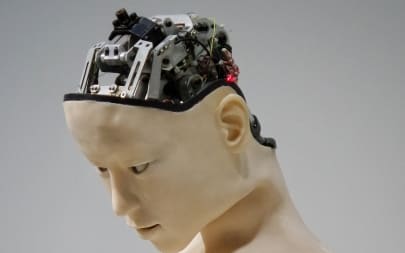This Way Up for Saturday 5 May 2018
This Way Up for Saturday 5 May 2018
Smoke alarms: which ones are best? China gives batteries a second life, and a new report on artificial intelligence in New Zealand
Smoke alarms: the safest and the best

Photo: 123RF
Their annoying chirping can wake you up far earlier than you'd like – no, not some nocturnal animal, a smoke alarm with a flat battery!
Paul Smith of consumer.org.nz has been testing smoke alarms to see which ones respond fastest to smouldering and flaming fires.
His findings – "not all smoke alarms are created equal".
So which ones work best and which ones should be avoided at all costs to keep your family safe?

Photo: Photo by Luke Besley on Unsplash
"We recommend you choose photoelectric alarms. The New Zealand Fire Service recommends photoelectric alarms. The Residential Tenancy Act requires landlords to replace expired smoke alarms with long-life battery photoelectric smoke alarms. We think ionisation alarms should not be sold in New Zealand."
Paul also has some handy tips on the best places to install smoke alarms in your home to minimise the nuisance alarms which can lead some people to abandon smoke alarms altogether.
"Nuisance alarms aren't just a response to burning toast. They can also be caused by high humidity, dust and insects... None of the alarms in our test could tell the difference between real and nuisance smoke. In general, the best alarms at ignoring nuisance sources were also the worst at responding to real sources."
China leads the recycled battery charge

Photo: Photo by Radovan on Unsplash
Bloomberg journalist Adam Minter is a man obsessed with rubbish, junkyards and the huge economies that underpin the recycling industry.
He tells us how US tariffs are forcing China to crack the challenge of manufacturing its own semiconductors – an essential building blocks in all digital devices.
"Although China long ago mastered the art of making products with semiconductors produced elsewhere...it wants to move beyond being a mere assembler. It aspires to being an originator of products and ideas, especially in cutting-edge industries such as autonomous cars. For that, it needs its own semiconductors" - Adam Minter.
Plus, China uses the most lithium-ion batteries than in the world, and they're now leading the way in giving them a second life with the biggest and most advanced battery recyclers and reconditioners on the planet.
Also, why deleting Facebook isn't an option for many people in emerging economies, especially if you're running a small business trying to sell stuff.
When more than half a billion people using Facebook as a marketplace, ditching the social media platform as an act of protest just doesn't make financial sense
"From Asia to Africa, countries are learning that they need Facebook as much as Facebook needs them - and maybe more so" - Adam Minter.
Bits+Bytes: AI in NZ

AI Photo: Photo by Franck V. on Unsplash
Artificial intelligence technology will not lead to mass unemployment in New Zealand, according to a new report by the AI Forum.
Peter Griffin and Emily Wang discuss what artificial intelligence could mean for this country.
Quotes from Artificial Intelligence: Shaping a Future New Zealand:
"AI is often feared to have a major negative impact on jobs, however in this study, we assert that AI will not lead to mass unemployment."
"[AI-based] systems will play an ever-increasing role in determining New Zealand's future prosperity, security and social cohesion."